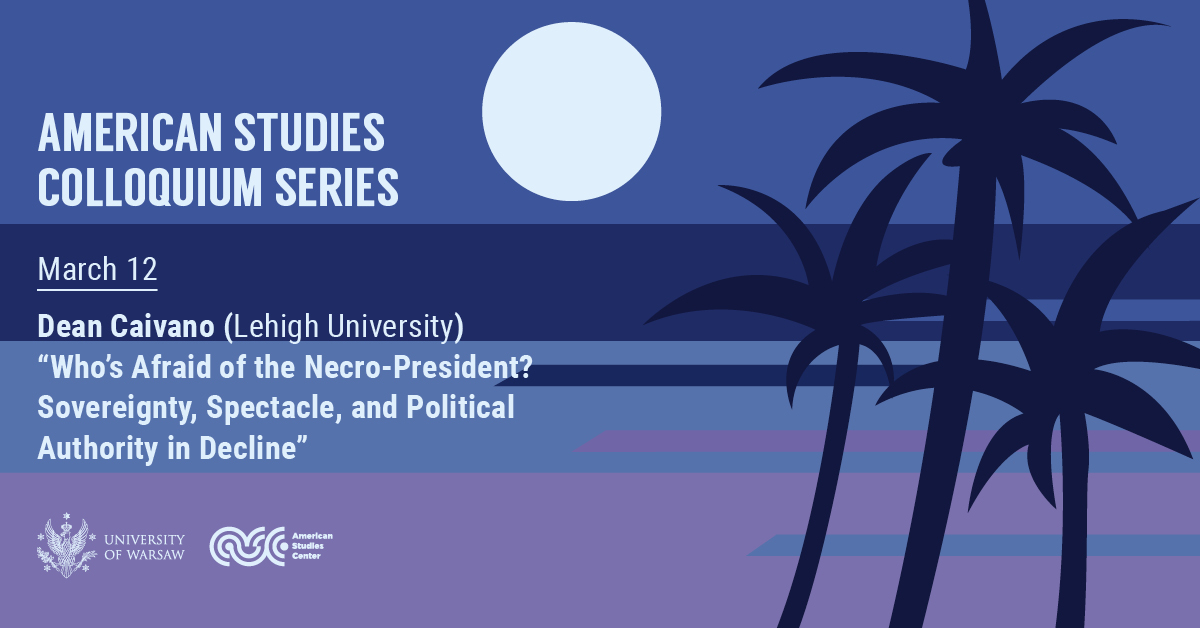Stanisław Obirek, a professor at the American Studies Center, together with Arno Tausch, has recently published Global Catholicism, Tolerance, and the Open Society, which presents an empirical study on the system of social and political values of Roman Catholics around the world. It discusses current challenges faced by the Church, such as sexual tolerance, attitude towards democracy, and anti-Semitism. Thanks to these remarkable scholars, with their new book we can rediscover the role of religion in our contemporary world.
From the publisher’s website: “This book systematically assesses the political and social values of the more than 1.3 billion Catholics around the globe, by far the largest denomination of Western Christianity. Based on an extensive analysis of data from the World Values Survey and other global opinion surveys, the book sheds new light on the value systems and opinions of Roman Catholics. The authors highlight core problems and challenges the Church is currently facing in adapting to the modern world, including Catholic anti-Semitism, religious and sexual tolerance, and opinions towards democracy, while also offering an anthropological reflection on how well the Church is adapting or failing to adapt to the requirements of an open society.”
Professor Obirek has already published several books on the topic: Catholicism as a Cultural Phenomenon in the Time of Globalization: A Polish Perspective (2009); Liberated Mind. In Search of a Mature Catholicism” (2011); and Pole Catholic? (2015).
His newest publication can be purchased here.
It is also available in the library of the American Studies Center.




